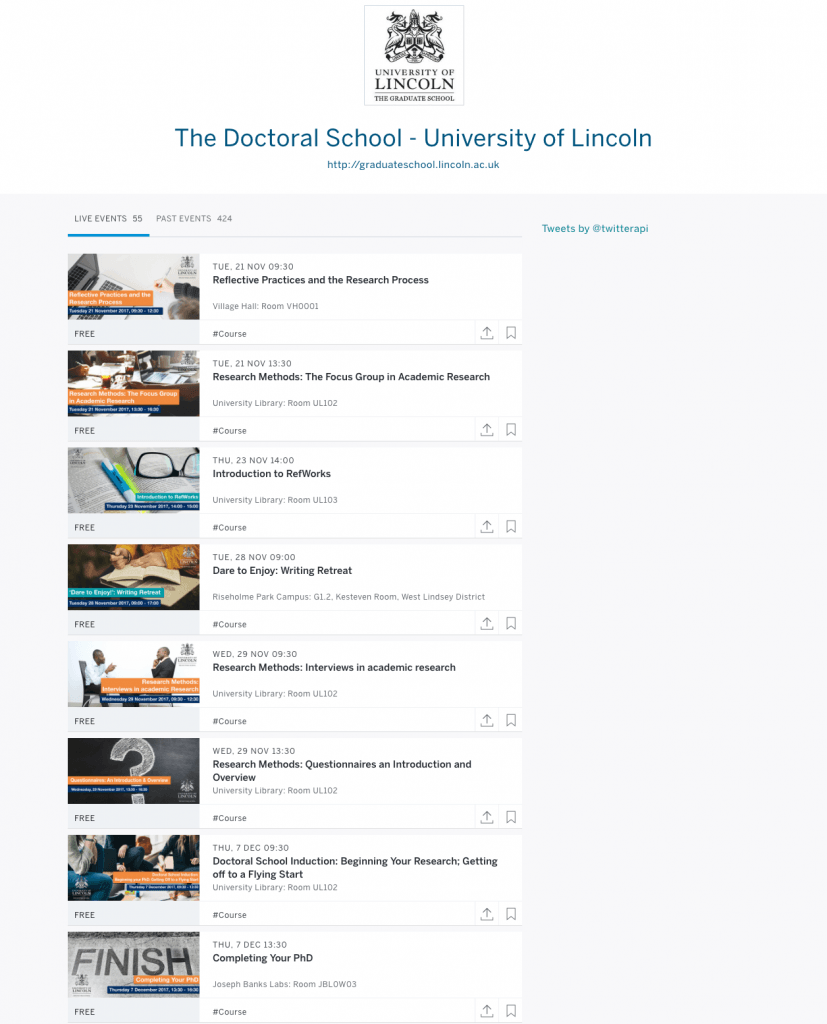Our monthly PGR meeting was held at Room MC3108 at 14:00 on Wednesday, 11th January.
We had have 1 speaker for this month seminar:
Speaker: Hussein Alahmer
Title: Computer-Aided Classification of Liver Lesions from CT Images Based on Multiple ROI
Abstract: This presentation introduces an automated Computer-Aided Classification (CAD) system to classify liver lesion into Benign or Malignant. The system consists of three stages; firstly, automatic liver segmentation and lesion’s detection. Secondly, extracting features from Multiple ROI, which is the novelty. Finally, classifying liver lesions into benign and malignant. The proposed system divides a segmented lesion into three areas, i.e. inside, outside and border areas. This is because the inside lesion, boundary, and surrounding lesion area contribute different information about the lesion. The features are extracted from the three areas and used to build a new feature vector to feed a classifier. The novelty lies in using the features from the multiple ROIs, and particularly surrounding area (outside), because the Malignant lesion affects the surrounding area differently compared to, the Benign lesion. Utilising the features from inside, border, and outside lesion area supports in better differentiation between benign and malignant lesion. The experimental results showed an enhancement in the classification accuracy (using multiple ROI technique) compared to the accuracy using a single ROI
The next seminar will be held in February. The date and venue for the next meeting will be announced.
